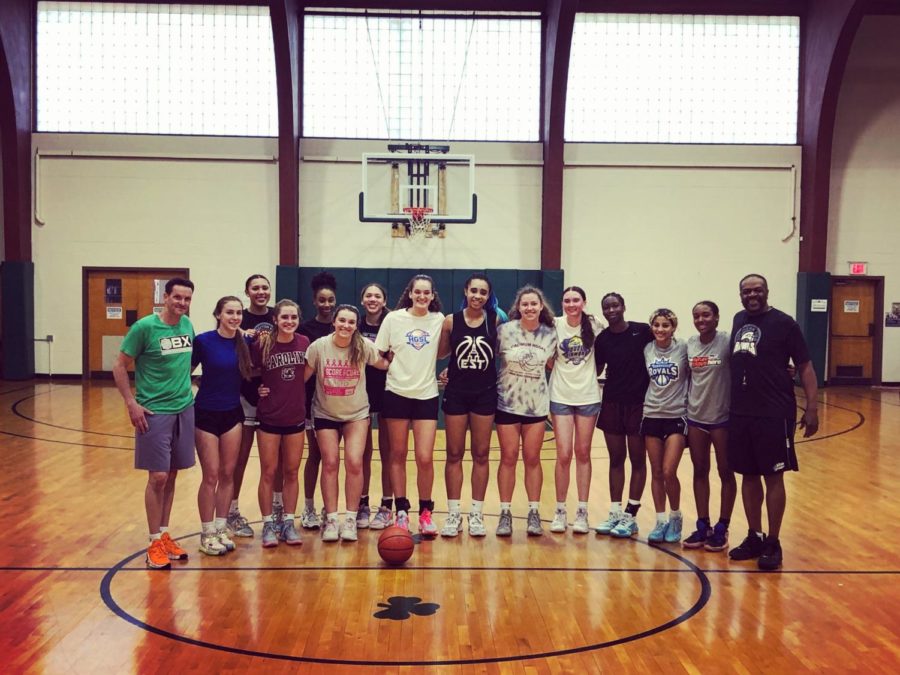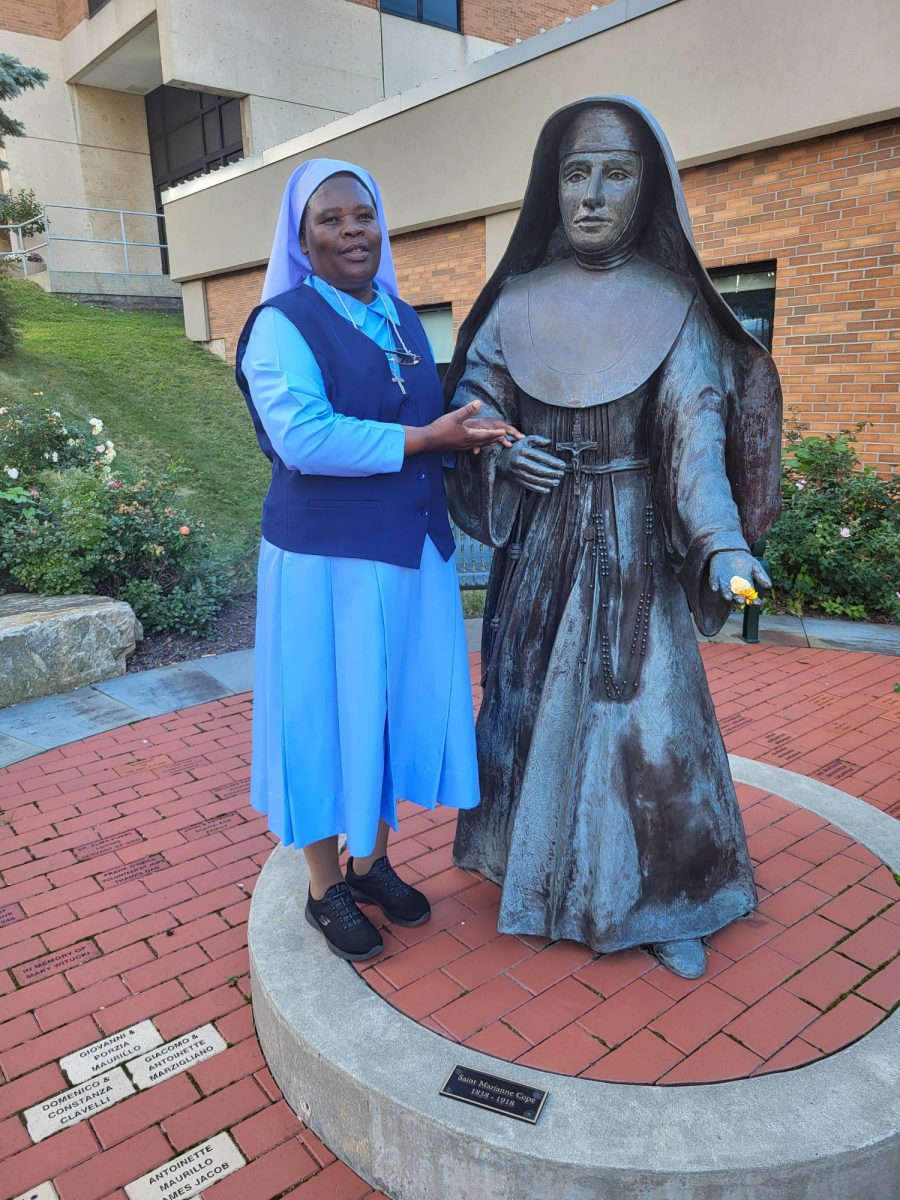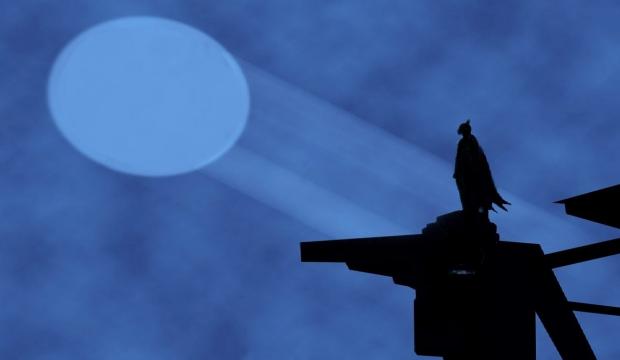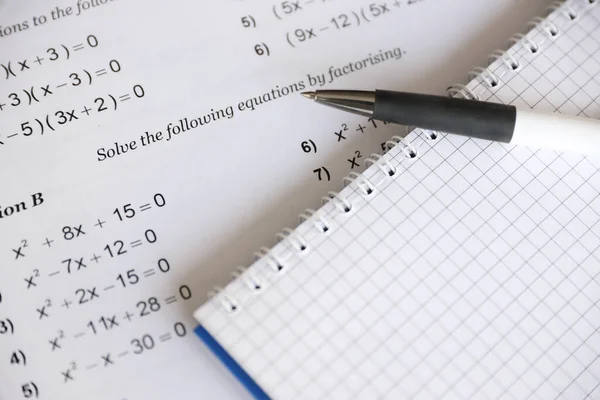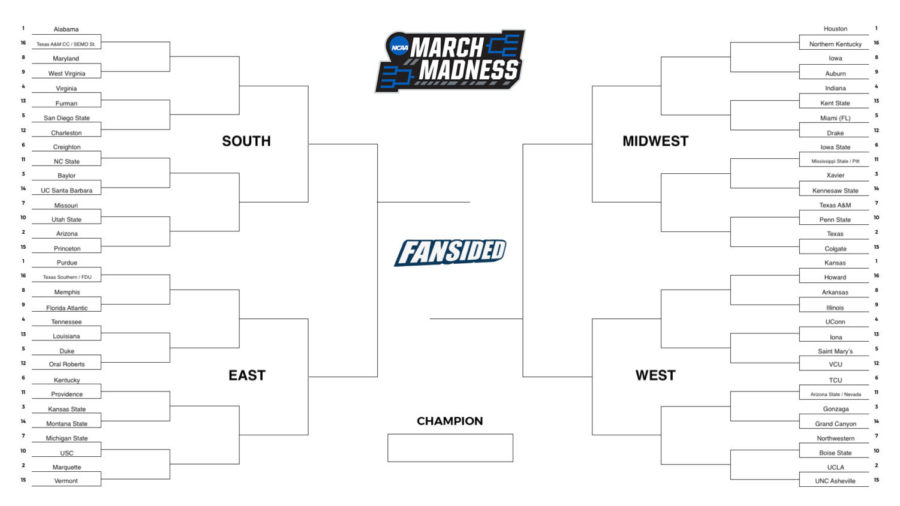The Unbelievable Odds of March Madness Brackets
April 3, 2023
This year’s Men’s NCAA Division 1 Basketball Tournament has been a thrilling one. From shocking upsets to intriguing storylines, the tournament dubbed “March Madness” has been just that: madness. After just a couple of days of tournament play, not one perfect bracket remained out of tens of millions created in total. Given that statistic, it is hard to believe that someone has a secret formula to end up with a superior bracket. Nonetheless, everybody has their own methods of picking teams. Here is how statistics can maximize your chances of winning your share of the billions bet each year on brackets.
Warren Buffet offered one billion dollars to anyone who could verify having a perfect bracket in 2014. That billion dollars was not won, and it was a safe bet for Buffet.
The chance of guessing every outcome of every game correctly is one in 9.2 quintillion. But what if there was a way to better your odds? One surefire way to add some wins to your bracket is to bet on the one-seeded teams. If you pick all four one-seeds to make it past the first round, and all of them did, your chances of a perfect bracket would improve dramatically. Not only that but entering this year’s tournament there has only been one first seed in history to lose in the first round. But do not be deceived, as even if the first seeds handled business, you still only have a one in 576… quadrillion chance. With that being said, Purdue (a one-seed) lost to FDU in the first round this year so those odds are anything but guaranteed. Although a pretty safe bet in the first round, one seeds do not usually make it as far as you would assume based on their placement in the bracket. This years final four contains a 4-seed, two 5-seeds, and a 9-seed. These teams were far from the most likely to make it to this point in the tournament, and not one first seed made it past the sweet sixteen.
Entering the final four this March, brackets are a non-factor. Like most years, fans’ hopes and dreams of having the first-ever perfect bracket were crushed after only a few days. Not one bracket made it past the second round. All of this begs the question: are numbers effectively pointless in improving your chances of winning? Not completely. Deeper statistics that look past the seeding or regular season record can help you predict what seems unpredictable. For example, late-season winning and losing streaks are great indicators of upsets and cinderella story runs. Maybe a team has a worse record than their opponent, but they have upset several highly regarded teams during the season. A team could have a great record, but their competition has not been as fierce as other teams in the tournament. Another team could seem like a great option, but they are young and inexperienced. Factors such as these and many others all make a difference in the likelihood of a team winning. However, outliers always exist, and the magic of a team may not fit a statistic. Every year teams defy the odds and shock everyone, even the statisticians.
There is a reason that no one has ever filled out a perfect bracket for the Men’s NCAA Division 1 Basketball Tournament. Saying that it’s hard to make a good bracket is an understatement. Even if people continued to fill out brackets for billions of years to come, the chances are that no one will ever capture the elusive perfect bracket. While this may be true, advanced analytics reveal that there are some ways to help your chances of impressing your family and friends. While the data is far from perfect, it could help you to predict the upset that no one saw coming.



![College of Community and Public Affairs graduates cheering during the CCPA Commencement Ceremony. [Via Daily Photos at binghamton.edu]](https://sccvoice.org/wp-content/uploads/2023/05/Screenshot-2023-05-16-10.50.55-PM.png)






